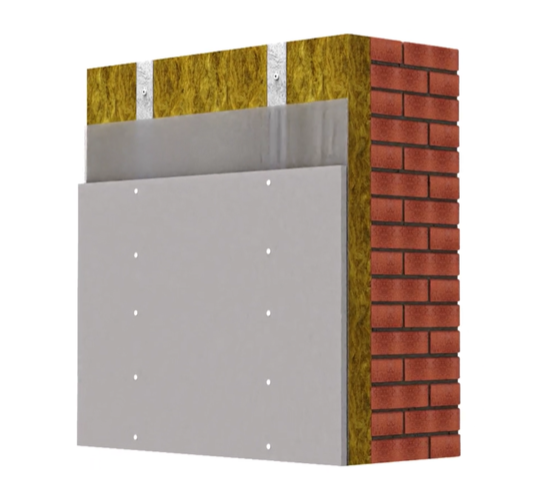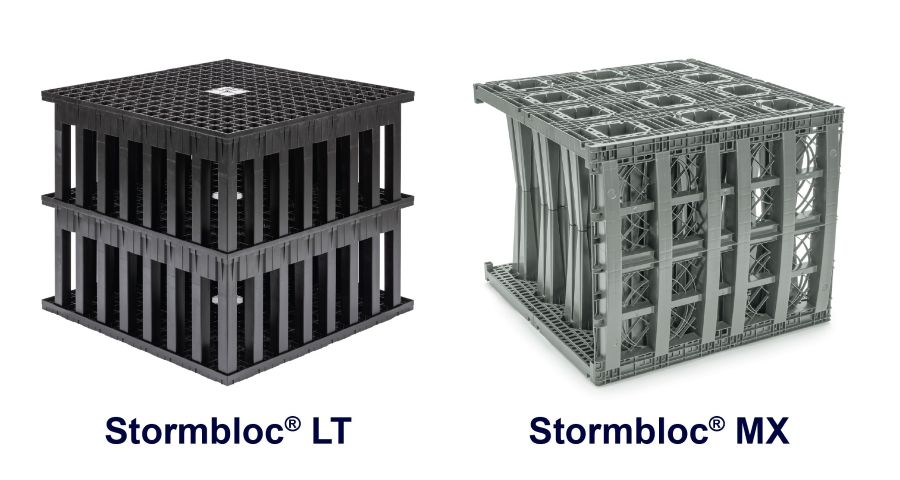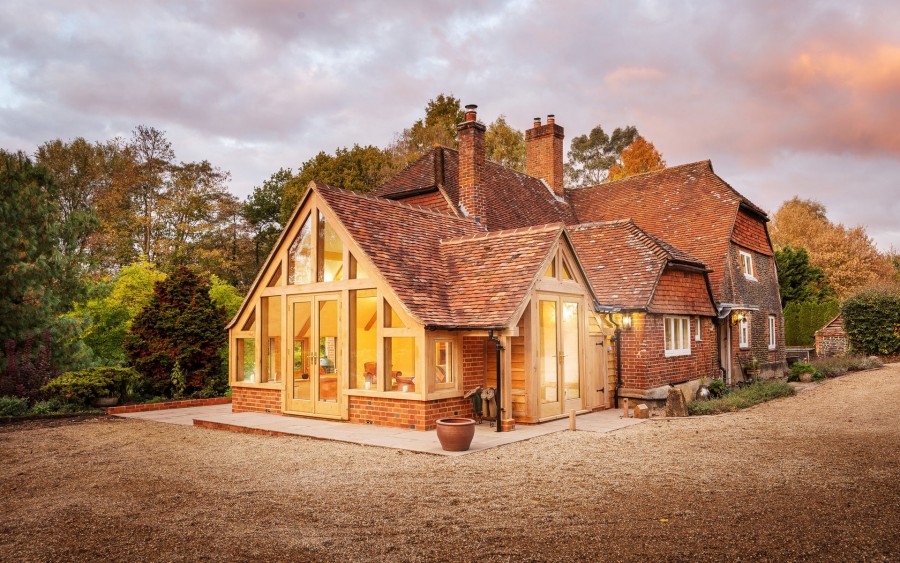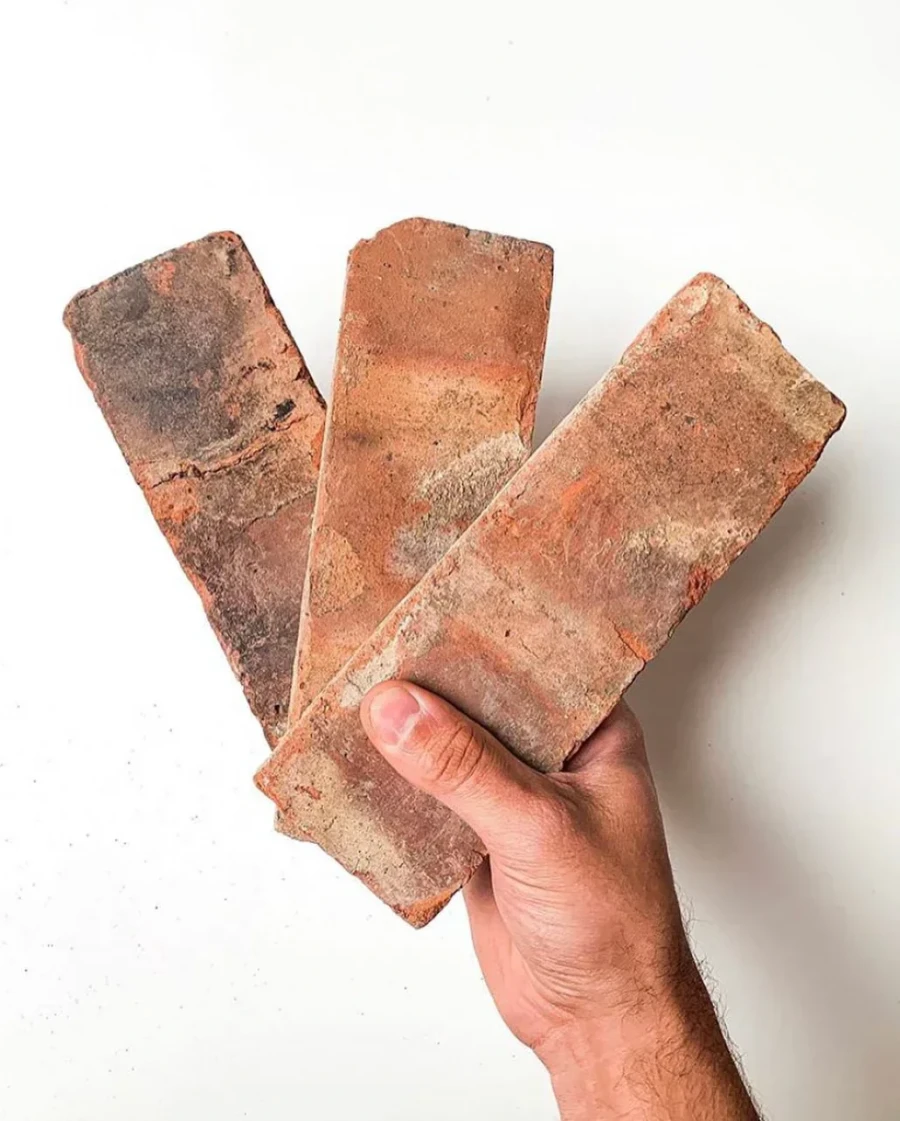The Kensa Group has
launched a funding and delivery package for new build properties that
challenges the status-quo and paves the way for widespread deployment of ground
source heat pumps in new build housing.
Despite
the merits of ground source technology – the lowest running costs; very low CO2 emissions; low maintenance costs; zero
point of use particulate emissions; non-combustion and safe - deployment has
been slower than expected because of the cost of providing the underground
infrastructure; indeed according to BSRIA in 2017 just 11% of heat pumps
installed were ground source heat pumps.
Kensa’s
offer of a zero cost infrastructure to developers means that a ground source
heat pump is now cheaper than an air source heat pump and in many cases,
cheaper than a gas boiler system.
The
UK Government has recognised the value of this 100-year infrastructure
investment and have made changes to the Non Domestic Renewable Heat Incentive
(RHI) regulations with regard to deeming and split ownership making Kensa’s
funding mechanism possible.
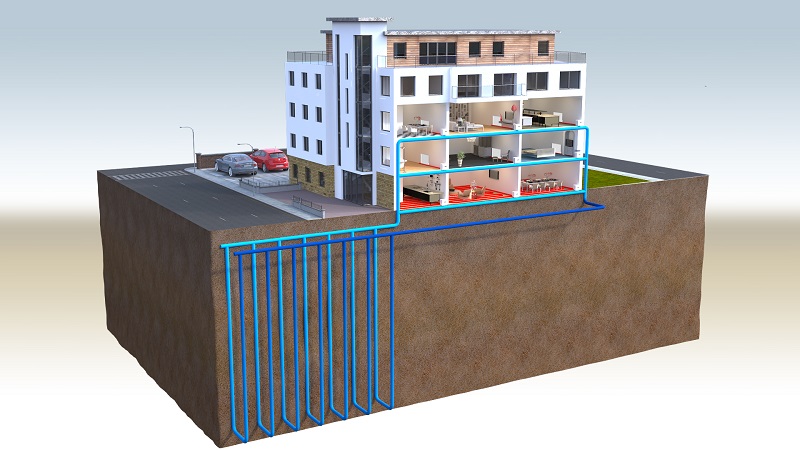
The
move is timely following the UN’s Intergovernmental Panel on Climate Change
(IPCC) reporting that urgent action is needed to phase out fossil fuels by 2050
if we are to limit global warming rises to 1.5C. According to Kensa Group
Managing Director, Simon Lomax:
“This
offer should signal the end of air source heat pumps and gas in new build
dwellings. It is widely understood that ground source heat pumps are
more efficient, reliable and durable but their issue has always been the cost
of the ground array. We have now solved this
problem. Kensa can fund, install, own and maintain the ground array
which means this cost is no longer borne by the house builder. Very
simply, we supply the underground infrastructure at zero cost.”
The
2018 RHI Regulations included an important refinement; along with clarification
regarding split ownership arrangements, for the first time, Non Domestic RHI
quarterly payments for residential properties linked to Shared Ground Loop
Arrays are now based upon the deemed heat consumption taken from the Energy
Performance Certificate, prompting funders to back Kensa's offer of ground
arrays at no charge to the housing provider.
Dr
Matthew Trewhella, Contracts Director at Kensa Contracting explains: “The
changes to the RHI and Kensa’s funded offer eliminates the key barrier to
deployment of ground source heat pumps which are widely recognised that,
money-aside, are the best heating system available. By removing the expense of
the ground array Kensa is mimicking long-standing 'split ownership'
arrangements in the gas sector with the underground infrastructure owned and
maintained separately from the heat pump installed inside the properties.
Kensa's model sees the housing provider fund the heat pump, which is sold with
the property and maintained by the purchaser, whilst the ground array is fully
funded via the RHI income.”
Government’s
ambition for the widespread electrification of heat is driving policy to
deliver lower carbon developments, and with further decarbonisation of the grid
electrically delivered heat is widely regarded as the future of heating.
For
many off-gas developments, air source heat pumps have been a common choice, but
Kensa Contracting is now offering its Shoebox ground source model in a novel
fashion which should allow house builders to specify a more appealing heating
system whilst reducing build costs.
Accoring to Lomax: “Air
source heat pumps can spoil the appearance of a home, often create noise
pollution issues and require planning permission for most new build
applications. These problems all disappear with the Kensa
solution. Better still, a ground source heat pump delivers lower
carbon emissions, which creates a clear opportunity to reduce other build costs
whilst still satisfying building regulations; our analysis reveals significant
savings are possible. Anecdotal evidence also suggests higher
selling prices are possible for homes benefitting from a ground source heat
pump. Best of all, the scale of the RHI payments means Kensa is
often able to subsidise the cost of the heat pump, which means the overall cost
falls far below any rival heating system, including a gas combi
boiler. We expect our solution to appeal as an alternative to a gas
boiler, too.”
To
support their offer Kensa has developed a range of ultra-small and ultra-quiet
Shoebox heat pumps with a capacity of 3-6kW designed to fit within the majority
of new build homes. The heat pump is partnered with a hot water
cylinder in a tiered single footprint arrangement requiring an 800mm x 800mm
cupboard. Typical efficiencies exceed 300% which means householders benefit
from ultra-low running costs with further savings expected once time-of-use
electricity tariffs become common place. The installations can also
provide passive cooling during summer.
Lomax
concludes: “Ground source heat pumps are a strategic technology for Government
if it is to meet its carbon emission reduction targets and the available
support reflects the desire to increase deployment in the new build
sector. It is now possible to have the very best heating system at
the very lowest cost, a true ‘game-changer’.”








